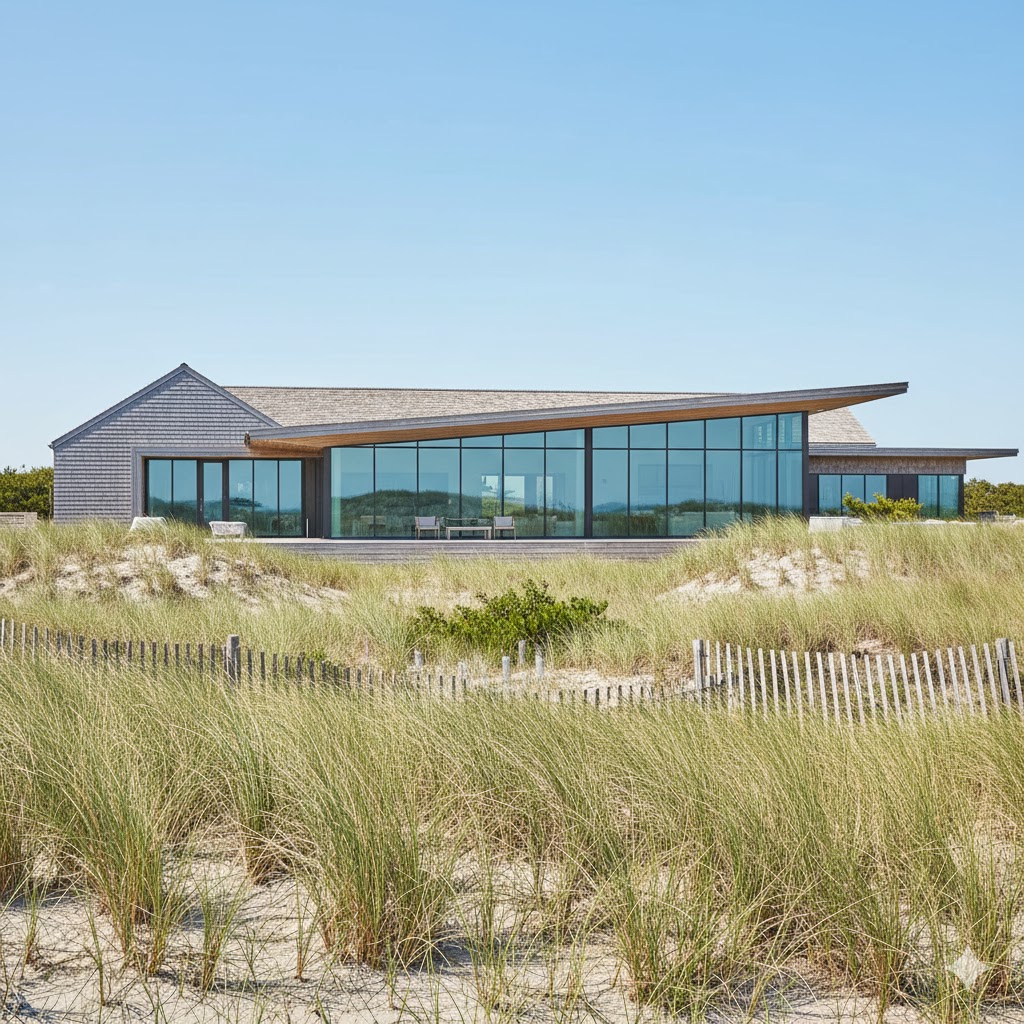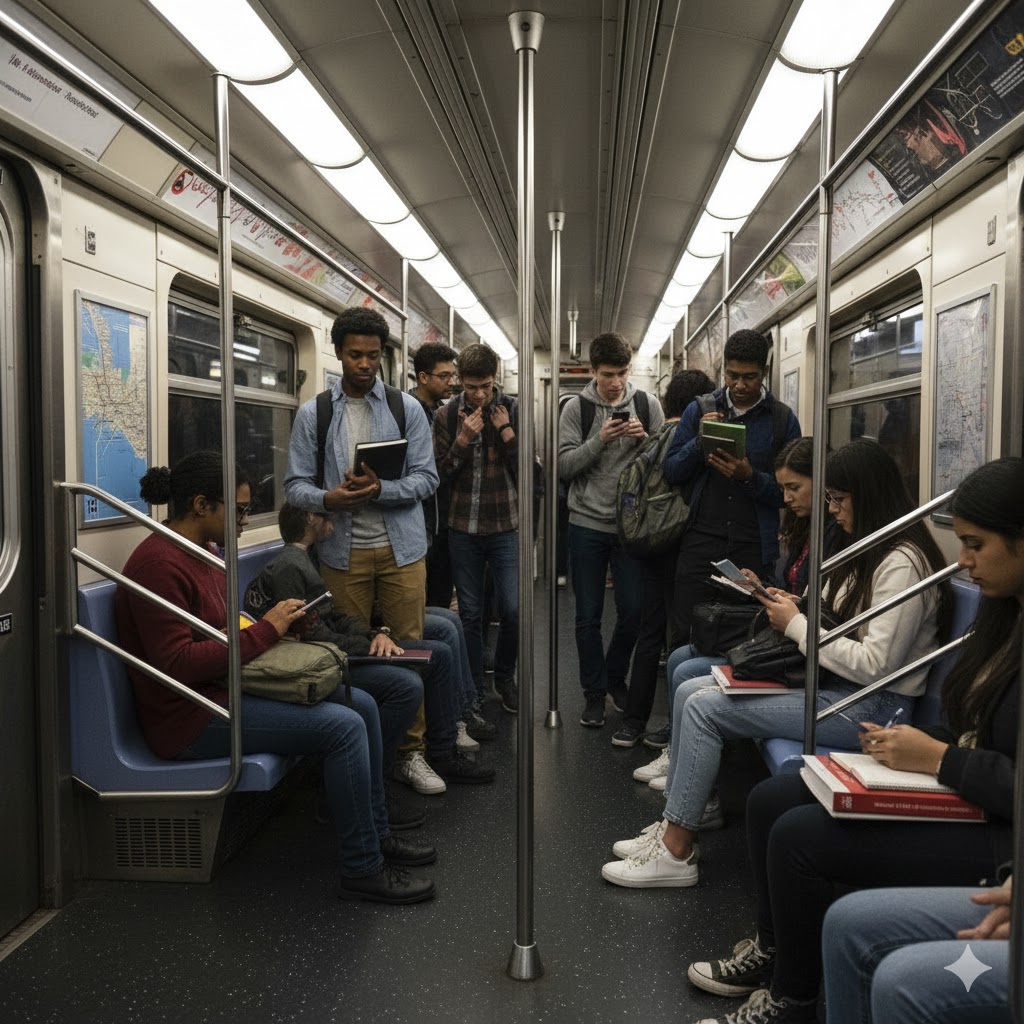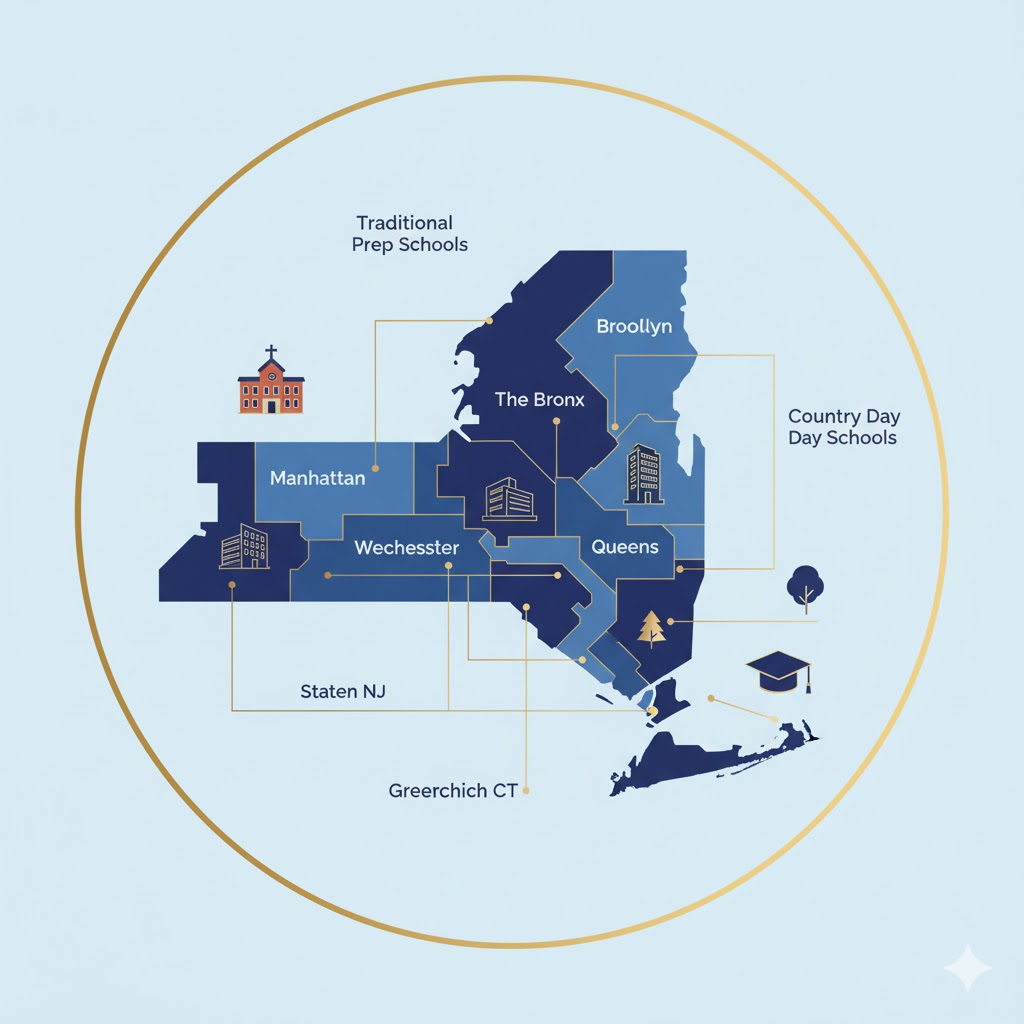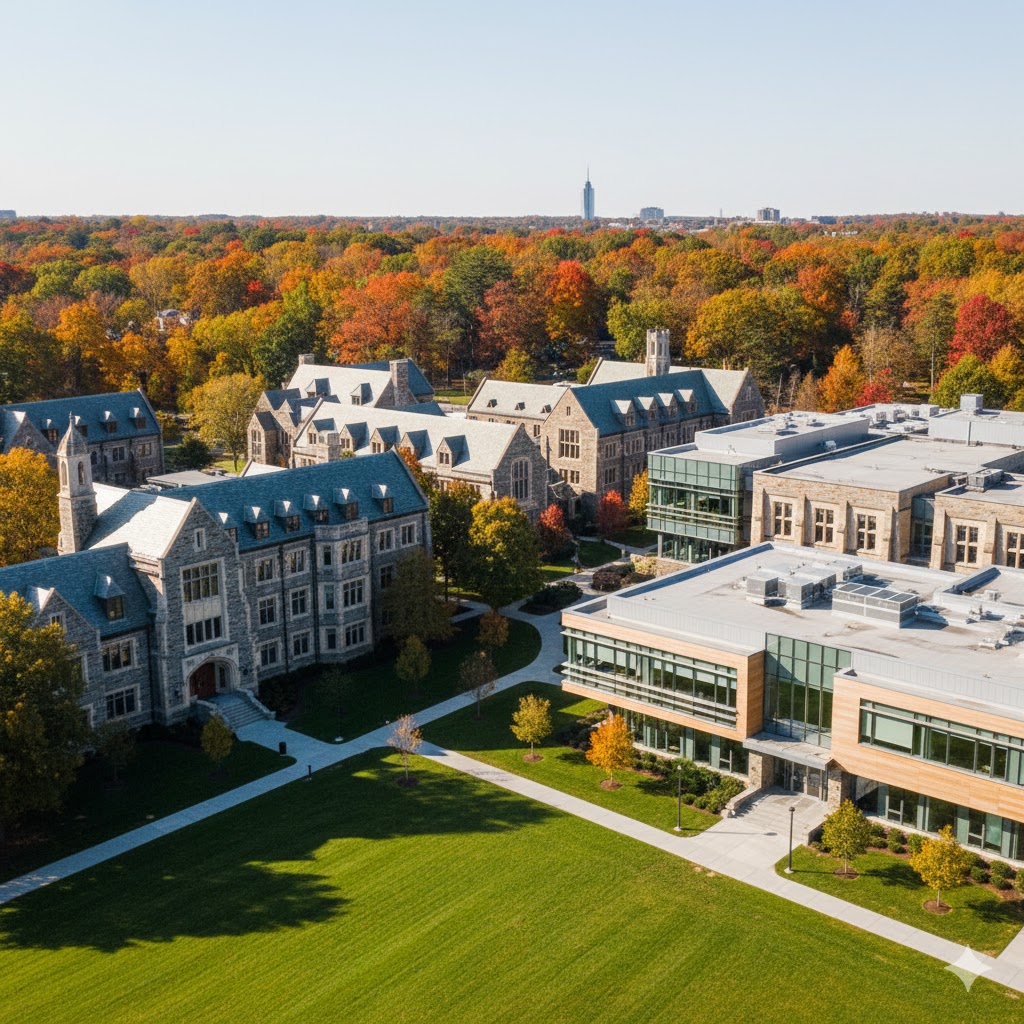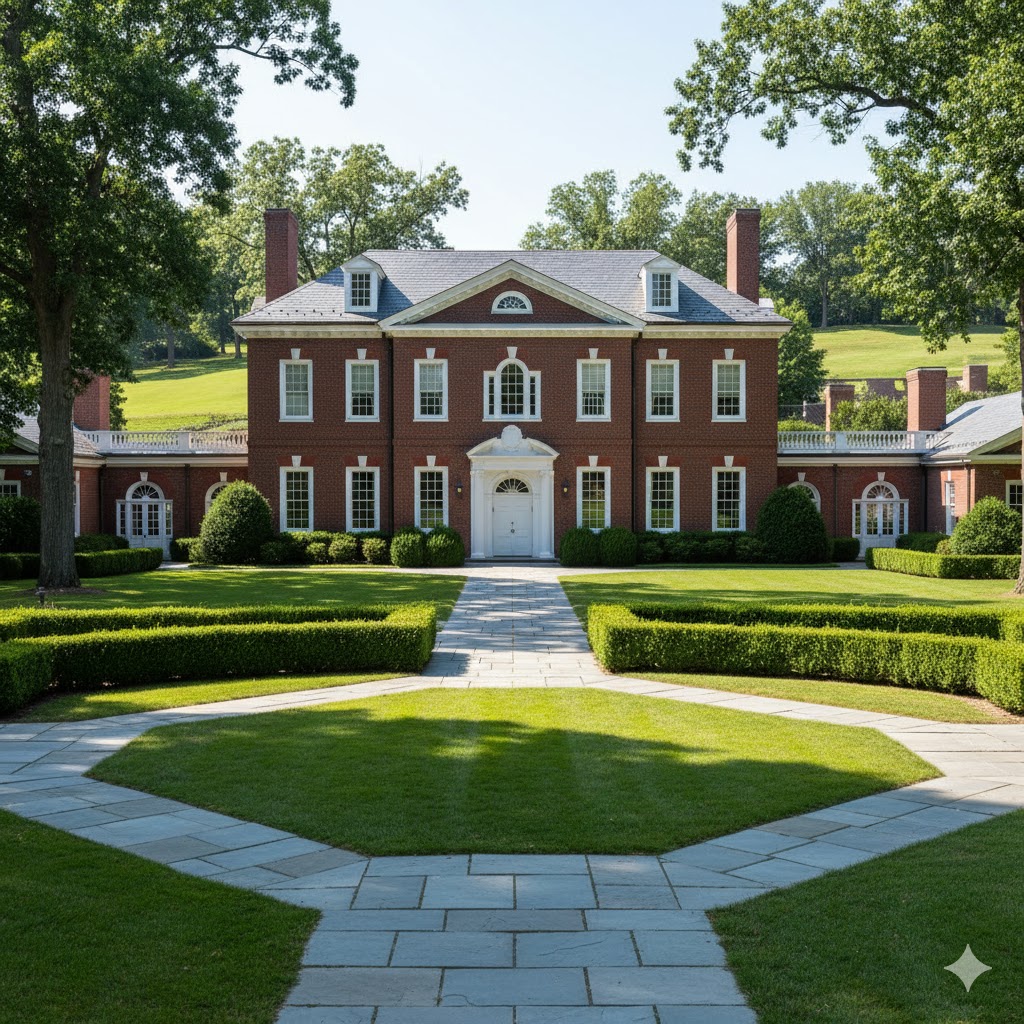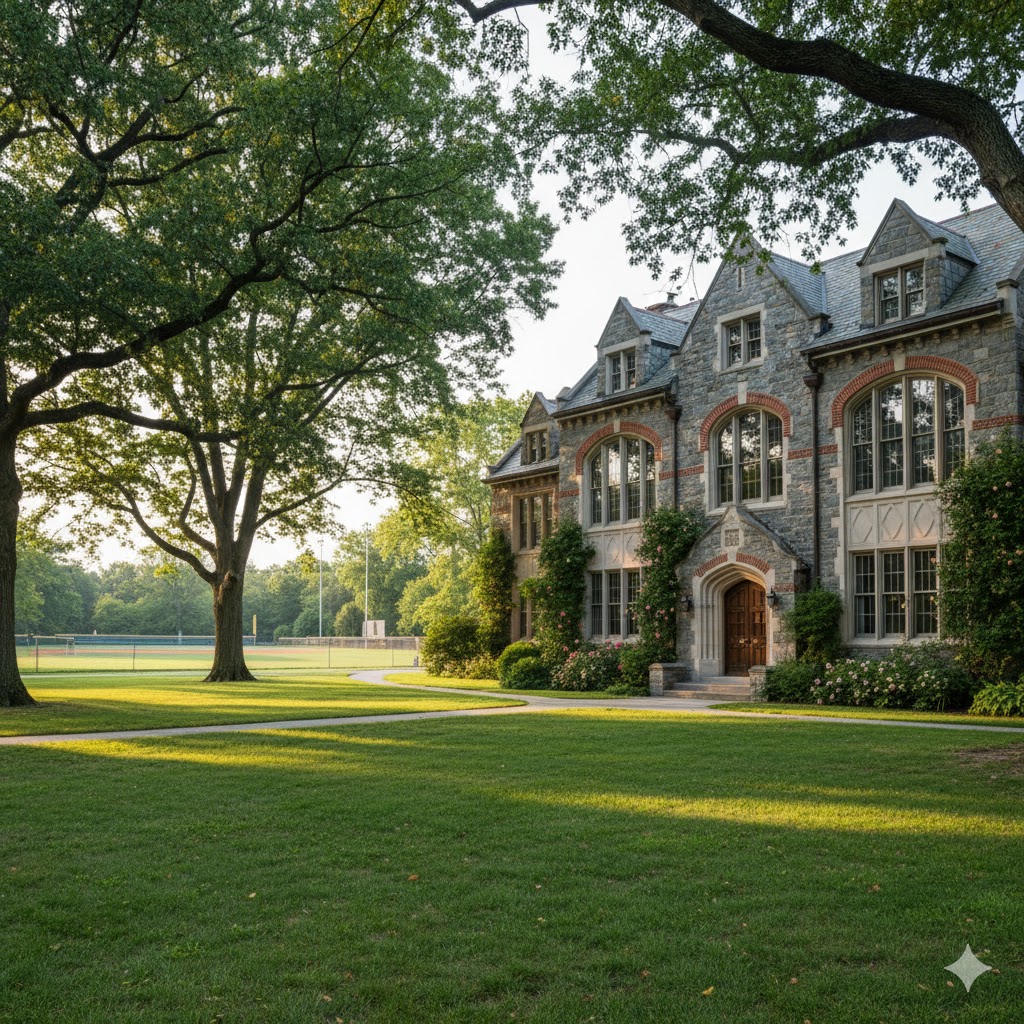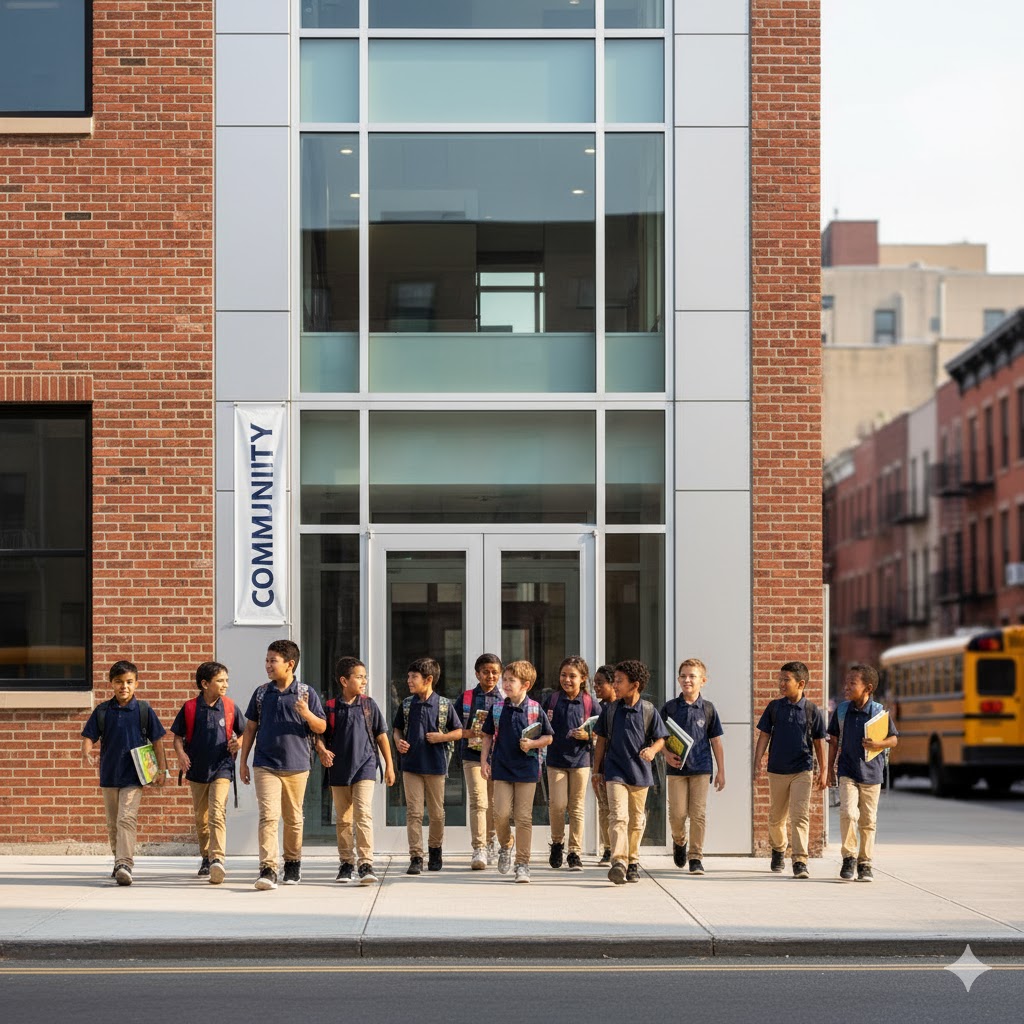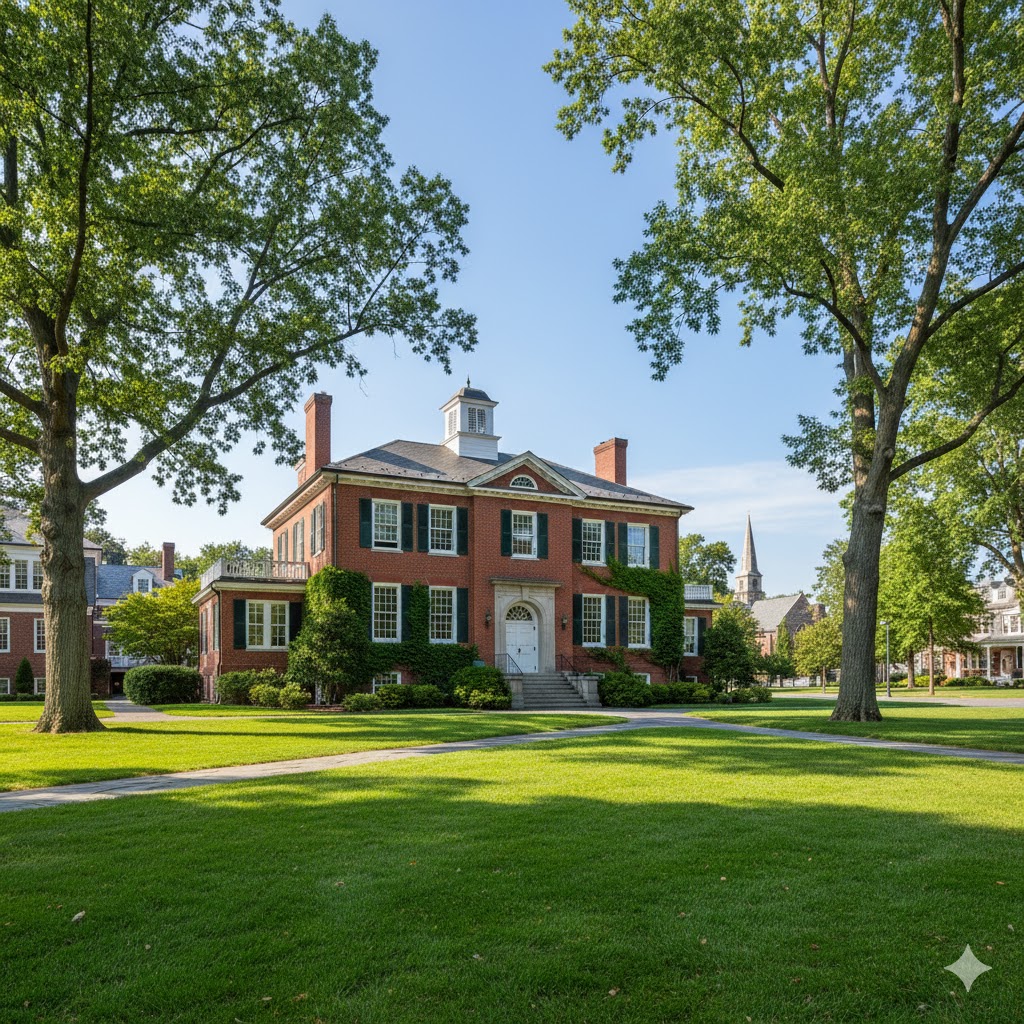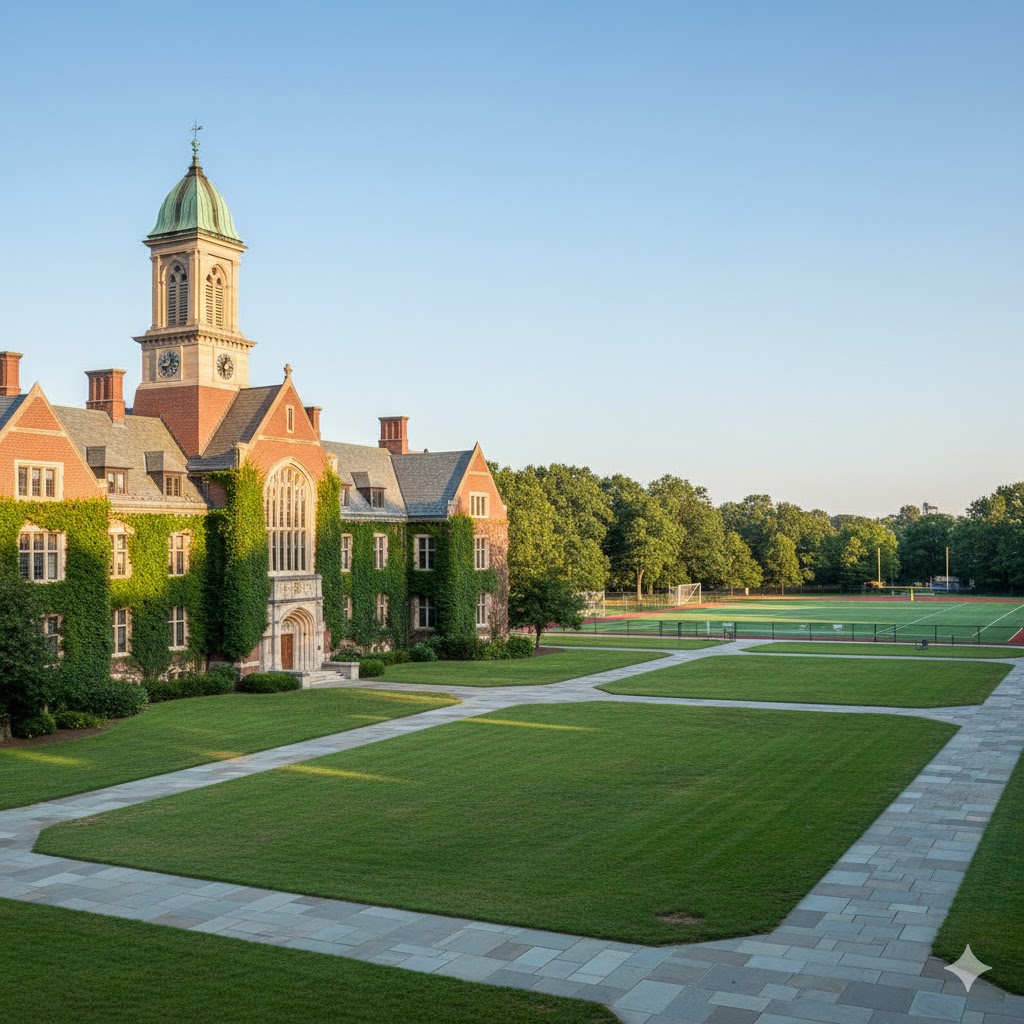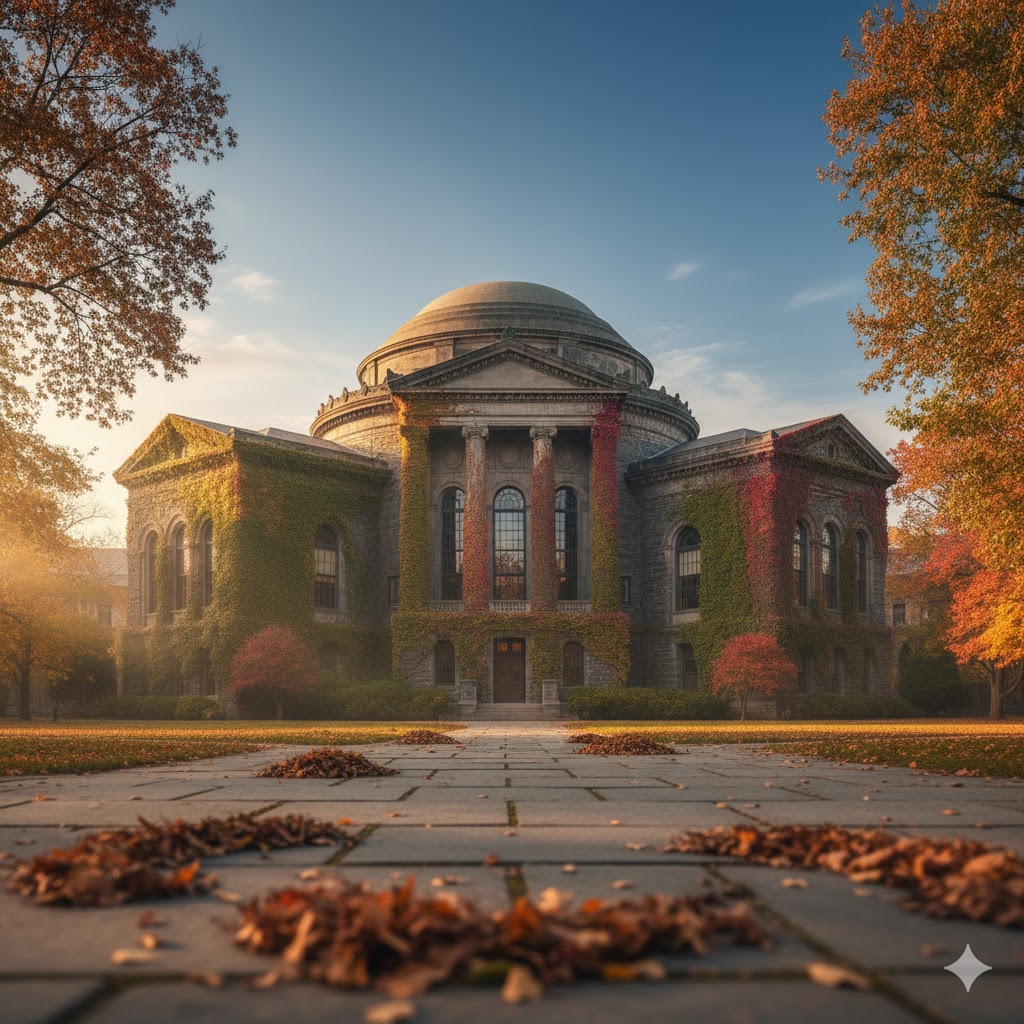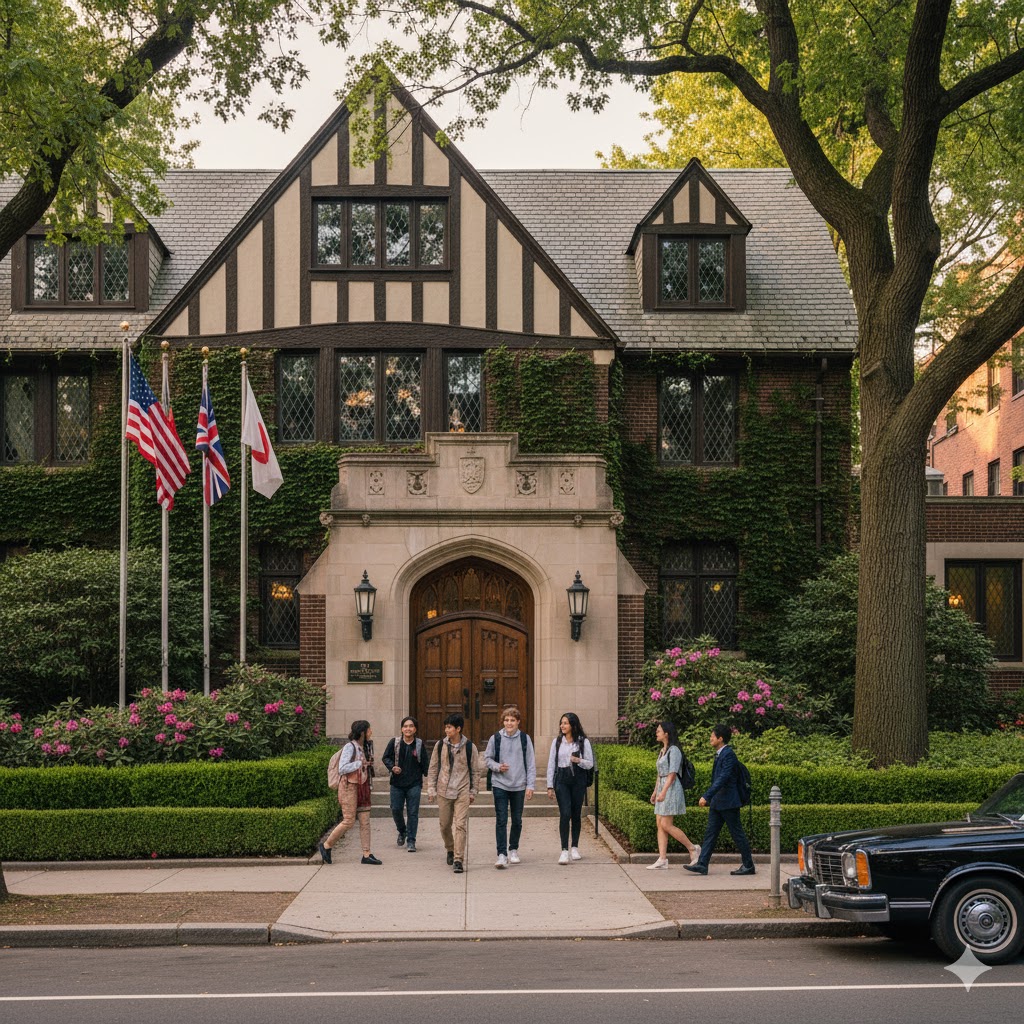Guide to NYC Private School Tiers: A Decoder for Parents
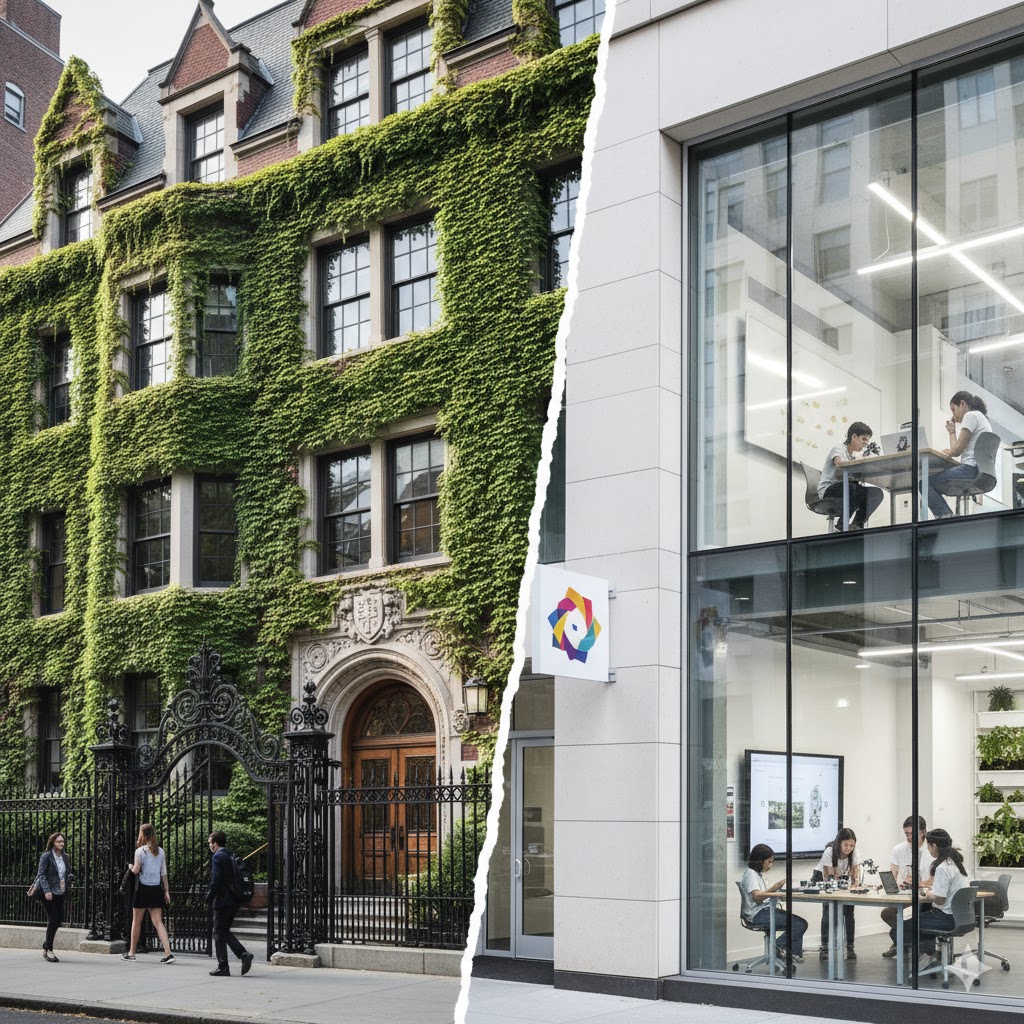
Guide to NYC Private School Tiers: A Decoder for Parents
From the “Ivy Preps” to the Progressive “Labs,” How to Navigate the System
New York City’s private school landscape is not a single market; it’s a complex, multi-layered ecosystem of deeply specialized “tiers.” For a new parent, it’s a dizzying world of acronyms, philosophies, and unwritten rules. Choosing a school isn’t just about location; it’s a strategic decision based on educational philosophy, religious values, social circles, and cost.
Are you seeking the “Traditional” rigor of the Ivy Prep League, or the “Progressive” child-centered model? Is a single-sex environment a priority? Are you looking for a faith-based community or a global, for-profit network? And most importantly, what does the $70,000+ price tag actually buy you?
This guide decodes the nuances of the NYC private school world, explaining how it’s subdivided and what defines each category.
“The great aim of education is not knowledge but action.” – Herbert Spencer
| Related Topic | Primary Vibe & Focus |
|---|---|
| The 10 Best Private Schools in NYC | The Overall Elite “Ivy Pipeline” |
| The 10 Best Private Schools in Manhattan | The “Old Guard” (Trinity, Brearley) |
| The 10 Most Expensive Private Schools in NYC | The $70,000+ Tuition Club |
| NYC’s Most Exclusive Pre-Schools | The “Baby Ivy” Feeder Schools |
| NYC Special Needs & Inclusive Education Guide | Specialized Schools (Windward, Quad) |
The 5 “Tiers” That Define an NYC School
Before looking at schools, understand the 5 key “divides” that categorize them:
- Tier 1: Cost & Prestige: Cost is the first and most obvious filter. The “Top Tier” ($70k+) schools are in a different world from the “Mid Tier” ($40k-$50k) and the “Parochial” ($15k-$25k) schools. The price dictates the resources, facilities, and often, the network.
- Tier 2: Educational Philosophy (The Big One): This is the most important divide. Are you “Traditional” (structured curriculum, rigorous testing, classic liberal arts, like Brearley) or “Progressive” (child-centered, project-based, social-emotional focus, like Dalton)? This defines the school’s entire culture.
- Tier 3: Religious Affiliation: Most top schools are “Independent” (non-profit, non-sectarian, even if historically founded by a church). This is distinct from “Parochial” (e.g., Catholic) or “Faith-Based” (e.g., Jewish Day Schools), where religion is a core part of the curriculum and community.
- Tier 4: Single-Sex vs. Co-ed: NYC is home to the most powerful all-girls (Spence, Brearley, Chapin) and all-boys (Collegiate, Browning, Regis) schools in the country. This is a primary, philosophical choice for many families.
.com/nyc-special-needs-inclusive-education-guide/”>specialized schools for dyslexia) or “Global” (with an IB curriculum and language immersion).
The NYC X-Factor: Choosing a school in NYC isn’t just choosing an education; it’s choosing a philosophy, a community, and a price point. It’s a strategic decision about what you value most: tradition, innovation, faith, or inclusion.
The 7 Major Private School Tiers Explained
Here is the breakdown of the major school “types.”
1. The “Ivy Prep League” (The Old Guard)
Focus: Traditional academic rigor, legacy, character, and unparalleled placement into Ivy League universities.
Examples: Trinity, Brearley, Collegiate, Spence, Chapin.
Cost: $70,000+
Values: Excellence, tradition, intellectualism, leadership. This is the “Old Money” establishment.
2. The “Progressive” Elites (The New Guard)
Focus: Child-centered, project-based learning. Fosters independence, creativity, and social justice.
Examples: The Dalton School, Bank Street School for Children, Little Red School House (LREI).
Cost: $70,000+
Values: Creativity, independence, critical thinking, social-emotional development. Popular with media, arts, and “new money” families.
3. The “Global & For-Profit” Networks (The New Money)
Focus: Language immersion, technology, global curriculum (IB), and scalability. Run like corporations.
Examples: Avenues: The World School, BASIS Independent Schools.
Cost: $65,000 – $75,000+
Values: Innovation, global citizenship, data-driven results. Highly popular with the international and tech/finance expatriate communities.
4. The Parochial & Religious Schools (The Value/Values Choice)
Focus: Faith-based values (Catholic, Jewish, etc.), strong community, and discipline.
Examples: The Archdiocese of NY network, Regis High School (the free, all-boys Catholic powerhouse), Solomon Schechter School.
Cost: $0 (Regis) to $15,000 – $30,000.
Values: Faith, character, service, and providing an affordable alternative to public schools.
5. The Specialized Needs Schools (The “Gold Standard” of Support)
Focus: World-class, research-based remediation for specific learning profiles.
Examples: The Windward School (Dyslexia), The Quad Preparatory School (Twice-Exceptional/2e), The Cooke School (Developmental needs).
Cost: $80,000+ (Often paid by the DOE via Carter/Burr funding).
Values: Individualization, remediation, support, unlocking potential.
6. The International & Bilingual Schools (The Diplomat’s Choice)
Focus: Dual-language curriculum (French, German, Chinese, etc.) and globally-recognized diplomas (IB, French Baccalauréat).
Examples: Lycée Français de New York (LFNY), United Nations International School (UNIS), German International School (GISNY).
Cost: $45,000 – $60,000
Values: Multiculturalism, global mobility, bilingualism. Critical for the diplomatic and global-executive class.
7. The “Baby Ivy” Pre-Schools (The “Feeder” Schools)
Focus: Social-emotional development for 2- to 4-year-olds. Their *real* function is to serve as the “feeder” into the K-12 Ivy Preps.
Examples: 92nd Street Y Nursery School, Episcopal, Brick Church.
Cost: $40,000 – $50,000+
Values: Community, “school readiness,” and most importantly: connections and placement.
Frequently Asked Questions (FAQ)
What’s the difference between “Independent” and “Private”?
“Private” is the umbrella term for any non-public school. “Independent” is the preferred term for the elite, non-profit, non-sectarian schools (like Trinity or Dalton) that are governed by their own independent Board of Trustees, rather than a religious body (like Parochial schools).
Are the elite “Ivy Prep” schools religious?
No. Many (like Trinity, Collegiate, Chapin) have historical ties to a church (e.g., Episcopal or Dutch Reformed) and may have a chapel, but they are run as non-denominational “Independent” schools. Religion is not part of the admissions process or curriculum, which distinguishes them from Parochial schools.
How important is cost in this ecosystem?
Cost is the primary sorting mechanism. The $70,000+ schools are in a tier of their own, offering unparalleled resources and networks. The Parochial schools offer a values-based education for a fraction of that price. The cost *is* the barrier to entry and defines the different markets.
Check Out Our Other Education Guides
- The 10 Best Private Schools in Manhattan
- The 10 Most Expensive Private Schools in NYC
- NYC’s Most Exclusive Pre-Schools (The ‘Baby Ivies’)
Keywords for your online search
guide to nyc private school tiers, nyc private school types, ivy prep league vs progressive, cost of private school nyc, choosing a private school in nyc, understanding nyc education market, independent vs parochial schools nyc, progressive education nyc, avenues vs dalton, single-sex schools nyc.
Back to: The 10 Best Private Schools in NYC
The 10 Best Private Schools in NYC
The 10 Best Universities in New York City

